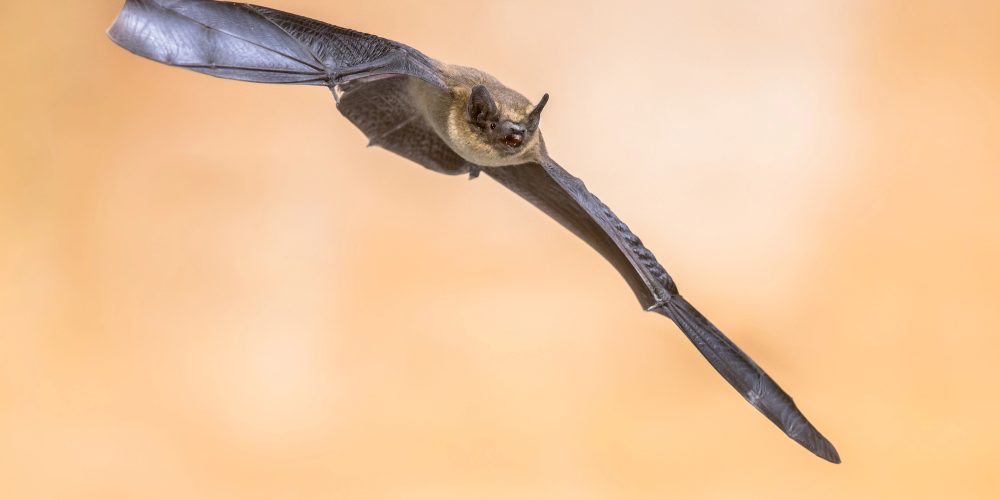Bats, the only mammals capable of flight, possess exceptionally resilient hearts that continue to function effectively even under high stress, offering protection against heart failure. This finding was uncovered by researchers from the National Heart Centre Singapore (NHCS) in collaboration with Duke-NUS Medical School through a pilot study. In the study, they tested the heart’s pumping strength in bats and mice under stress by administering dobutamine, a drug commonly used to challenge the heart. The results revealed that bats’ hearts demonstrated stronger pumping capabilities compared to those of mice.
Heart failure (HF) is the leading cause of hospital admissions in Singapore, accounting for 17% of local cardiac cases. NHCS treats around 3,000 HF patients, offering a full spectrum of advanced care, including medical therapies, extracorporeal membrane oxygenation (ECMO), mechanical heart device implants, and heart transplants.
“We are proud to partner Paratus on this novel initiative to uncover what lies beneath the unique make-up of the hearts of bats that sets it apart from other mammals. There is much we can learn from the bat’s exceptionally high metabolic rate and efficient heart system, and we look forward to identifying the key factors that can protect the human heart and enhance patient outcomes.”
Professor Derek Hausenloy, Director, National Heart Research Institute Singapore (NHRIS), NHCS
To further its research, NHCS is partnering with Paratus Sciences Singapore (Paratus) through the “PREVENT-HF” research platform. This collaboration aims to explore the unique physiology of the bat heart, investigating its stress adaptations to develop new treatments that could enhance heart function and improve outcomes for HF patients.
Paratus Sciences Singapore, a biotechnology start-up, focuses on unlocking novel disease targets and accelerating drug discovery by studying the unique adaptive biology of bats. Using a proprietary platform that combines cell biology, genomics, and informatics, Paratus compares disease resistance in bats with disease progression in humans. Through this data-driven approach, Paratus and NHCS aim to quickly identify and validate potential treatment targets, with the goal of speeding up the development of therapies for human diseases.
Dr. Theresa G.H. Heah, M.D. MBA, Chief Executive Officer, Paratus Sciences, said, “We are thrilled to embark on this pioneering collaboration with the National Heart Centre Singapore (NHCS). It is a partnership that represents a pivotal advancement in our mission to reveal the genetic and evolutionary edge of bats to accelerate the discovery of human therapeutics. By merging our expertise in bat genomics and drug discovery with the groundbreaking research of NHCS in heart failure, this collaboration underscores our shared commitment to uncover transformative insights that could revolutionize therapeutic strategies and improve outcomes for patients.”
NHCS is pioneering the creation of the world’s first Asian patient-specific miniature human heart model to replicate key features of heart failure with preserved ejection fraction (HFpEF). In collaboration with Paratus, they aim to identify and validate factors that allow bats’ hearts to adapt to stress, apply these findings to human heart cells with HFpEF, and test the efficacy of these discoveries in preventing HF using mouse models.




